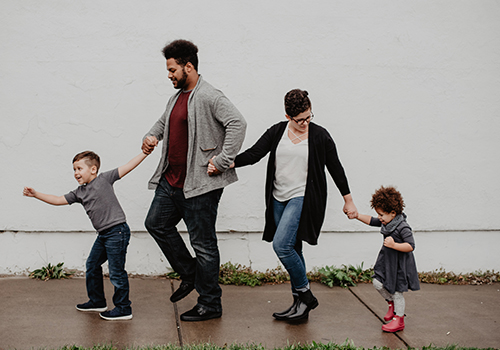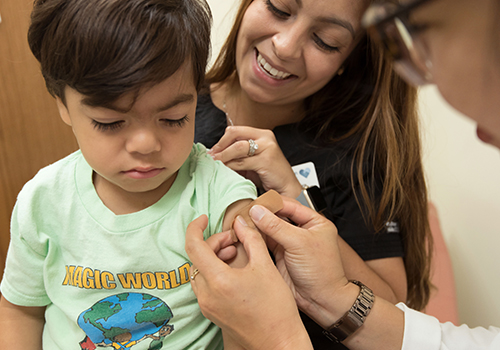One in five children and adolescents in the United States experiences mental health problems. Half of all mental health issues begin before the age of 14 and three-fourths by the age of 24.

Behavioral Health
More than two-thirds of children experience at least one traumatic event by the age of 16. However, there is often a delay in proper identification and treatment of behavioral health concerns in children and youth – a delay that can have a lasting impact on adulthood. While Massachusetts has made significant progress towards improving access to behavioral health care, the system remains fragmented, and children and families struggle to access coordinated and timely access to the range of services they need.
What is HCFA doing to address this problem?
HCFA is working with a broad range of stakeholders to develop policy and financing recommendations and advocacy strategies to support the sustainability of integrated behavioral health in pediatric primary care. This includes ensuring that behavioral health promotion and prevention services, as well as family support staff, such as Community Health Workers and Family Partners, are covered and reimbursed.


Why Primary Care?
Nearly all children have regular visits with a pediatrician, especially in infancy and early childhood, positioning pediatric primary care as an appropriate setting for addressing child behavioral, mental, social-emotional, relational, and developmental health. Pediatric primary care visits are also important opportunities to address the needs of caregivers, particularly when they are impacting child development and well-being, including health-related social needs.
How will integrated care help?
Integrated care entails a team of pediatric primary care, behavioral health, and family support staff (Community Health Workers, Family Partners) who work with families to provide a seamless approach to provide child and family-centered care, access to services and ongoing support. In pediatric practices, integration focuses on promoting the social and emotional wellbeing of all children, preventing risk from causing adverse outcomes and intervening as early as possible when a behavioral health risk has been identified. Early identification of trauma and social and emotional concerns in children can lead to better quality of life and better health outcomes. Successful integrated care models have been shown to promote healthy relationships between parents/caregivers and their children; prevent concerning behaviors; reduce family stress; identify behavioral health problems early; and provide direct access to treatment. Team-based integrated care, inclusive of the pediatric primary care provider, behavioral health clinician and family support staff, has also been shown to reduce provider burnout.


Where can I find more information about this campaign?
Contact Suzanne Curry, Behavioral Health Campaign and Policy Director.
Be a Health
Care Defender
Support the work of Health Care For All by making a donation today. Your investment enables Health Care For All to help families get the health coverage they need so they can lead healthy lives.
